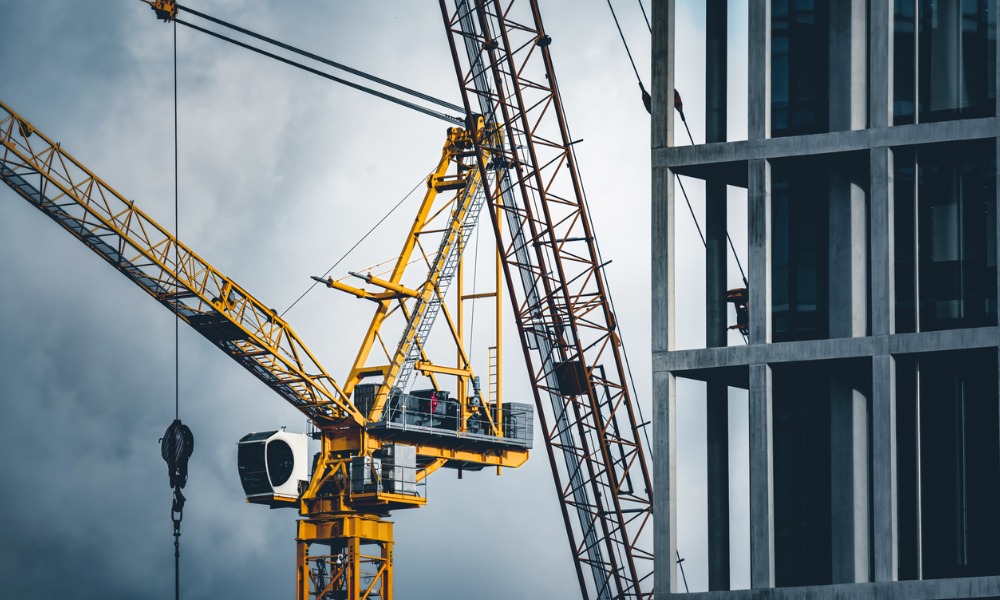Union demands enhanced operator training and regulatory safety standards

Two recent crane mishaps in British Columbia have a local union demanding better operator training and enhanced safety standards. On Friday January 26 WorkSafeBC issued a stop-work order after an incident involving a crane closed a highway in Burnaby. Four days later, on Tuesday, a crane collapsed at a construction site in Surrey.
"The recent crane incidents in Metro Vancouver serve as a wake-up call,” says Josh Towsley, assistant business manager at the International Union of Operating Engineers (IUOE) Local 115. “The state of health and safety around tower cranes isn't where it needs to be."
Nobody was hurt in either incident, and IUOE Local 115 business manager, Brian Cochrane, says that’s fortunate, but he says they should serve as a learning opportunity to improve tower crane safety.
“We don’t know the exact cause of these incidents, but we do know in an industry with no real regulation, mandatory training or contractor licensing, these incidents keep happening,” says Cochrane. “We’re glad no one was seriously hurt or killed. Today was a disruption; tomorrow it could be deadly.”
Disparity in crane regulations
Towsley points out a striking disparity in the regulations governing crane operations in the province. "The system around mobile cranes is fairly well regulated, fairly well documented, and there's a robust training program," he says. However, the same standards do not apply to tower crane operations, leading to what he describes as "enforcement issues" and potential safety risks.
One concerning aspect of the current situation, Towsley highlights, is the practice of crane operators renewing their "B ticket," which he compares to a learner's driver's license. "The system is not designed for this, but it's being allowed to happen because the training system isn't in place yet,” he explains. This practice creates a concerning gap in safety regulations.
The IUOE Local 115 is calling for government and industry to recognize tower crane operation and rigging as a compulsory trade and require training and certification for all crane workers. It says the training should meet the highest standards in Canada. It wants to see mandatory licensing of contractors who work in the assembly, climbing, repositioning, and disassembly of tower cranes, and it wants to see a minimum level of training for workers who perform those tasks.
Remembering Kelowna
Towsley's concerns extend to the tragic crane collapse in Kelowna in 2021, which claimed five lives. “What really should happen is there's an investigation, there's some discovery of what the causes are, and then you'd sort of expect WorkSafe and industry to come together and make changes based on the report.” WorkSafeBC did complete its investigation into the Kelowna crane collapse, but it did not make the report public, because the RCMP has not completed its criminal investigation.
WorkSafeBC's uphill battle
Addressing the challenges faced by WorkSafeBC, the provincial agency tasked with promoting workplace safety, Towsley acknowledges their struggles to enforce existing regulations. He attributes this difficulty to the lack of a comprehensive training system tailored to tower crane workers.
To address these concerns, Towsley says the union invested $2 million in acquiring two new tower cranes in Maple Ridge. Furthermore, they are collaborating with Skilled Trades BC to develop specialized curriculum and advocate for tower crane operation to become a compulsory trade in B.C. "We're headed in the right direction," Towsley affirms, expressing hope for a safer future.
"These incidents should be a wake-up call to everybody in the health and safety profession," he asserts. He underscores the urgency of enhancing safety standards, not only for crane operators but for the broader industry's well-being.





